Here’s to the emotional first responders
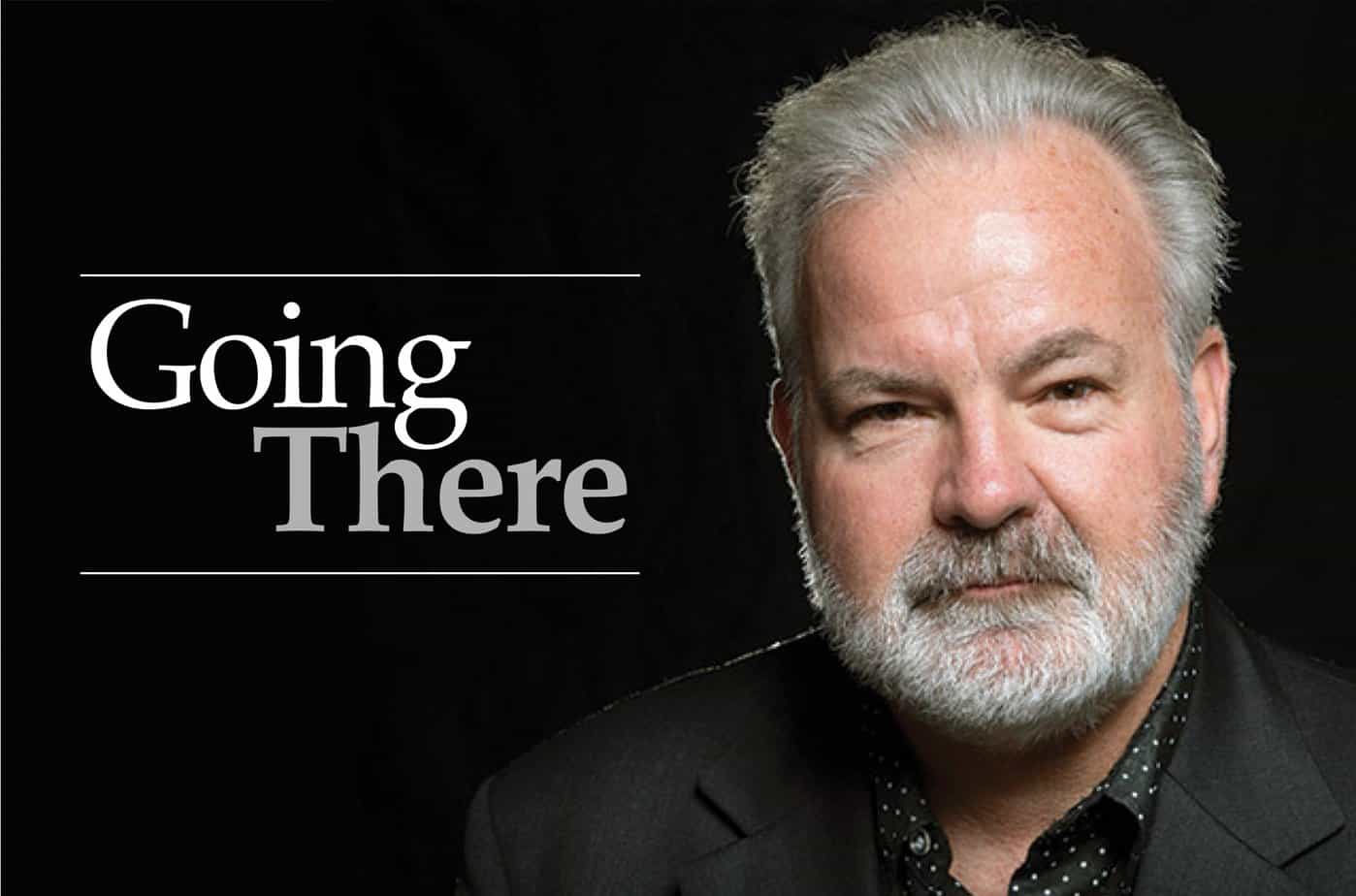
by Mick Rhodes | editor@claremont-courier.com
I really loved the first woman I ever met.
I could just tell mom was good people from the outset. She raised me by herself, made untold sacrifices, most of which I’ll never know about, and taught me nearly all the stuff that’s good in me.
It wasn’t only mom. My maternal grandmother, and two aunts lived nearby, and they all had a hand in my development. Growing up in a female-centric world, as I’ve written before, gave me a leg up; I learned about softer things — cooking (I’m still trying to replicate my Southern grandmother’s fried potatoes ), how to make a bed, do my laundry — as well as what it meant to be a nurturer.
My father was MIA throughout my childhood, but my grandfather filled the role nicely. I was good with the arrangement. Still am. In fact, much more so now than ever before. Time has given me perspective on just how lucky I was to have been immersed in strong female energy as a kid.
I know it’s fashionable to be “seen” these days, and I’m jumping aboard to say I see how women, in my experience, are the primary movers, doers, and workers of the American family.
There’s a reason soldiers don’t typically tattoo “Dad” on their shoulders when they go off to war; when we need to feel safe, to be in the loving arms of someone who gets you, or if not, at least doesn’t judge you, or even if you just need a grilled cheese sandwich, mom is usually the one.
Why is that? After careful consideration and some research, empathy seems to be the catch all for what women seem to do better than men.
There are exceptions. Stay-at-home dads have become mainstream, and masculinity has thankfully evolved (in most places) from the gruff, two-dimensional, feelings-phobic version I grew up around to a more nuanced and engaged model.
And yes, not every mom is cut out for the job. In my experience there haven’t been many though. It’s mostly us guys that choose to disengage from the business of raising a family. I’ve also known narcissists, again, mostly men, who can’t put their kids first. Parenthood and narcissism are a bad mix.
Nope, most of the women I’ve known haven’t had the luxury of self-involvement. For whatever reason — choice, family/societal pressures, tradition, divorce, religion, or just plain ol’ destiny — they have been the ones doing most of the emotional heavy lifting.
Obviously, this is a wildly unscientific survey, so forgive me for generalizing, and perhaps stereotyping. These are simply my experiences. But apparently, I’m not alone.
A 2023 analysis by the journal Nature found “The current studies investigated gender differences in social affect, social cognition and prosocial donations during naturalistic social narrations. We observed significantly greater empathy, compassion and prosocial donations in women compared to men.” Similarly, a National Institutes of Health study from 2007, “Gender Differences in the Relationship Between Empathy and Forgiveness,” found, “The present results showed that women were more empathic than men …”
As I tell my son, who is one of those exceptions to the “emotional caveman” trope, it’s a blessing and a curse. Those who are predisposed to empathy get to feel everything, the ecstatic highs, and the flip side of shattering grief. Feeling things is a great when you’re in love or watching your child being born, but it can be hell when someone is sick, or worse yet, when tragedies occur. Sometimes those who possess these powerful emotional antennae suffer along with folks on the other side of the world experiencing war or famine. That’s the curse.
Most of the emotionally wide open folks I’ve known have been women.
I believe it to be a better way to live, and I salute those brave enough to go at life this way. The alternative is shutting down your peripheral vision and not allowing yourself to feel what’s happening around you. That’s fine if you’re built that way I suppose, but in my opinion feeling things means you get at the marrow, the blood and guts of life.
Conversely, by shutting it all off you might be able to manage the chaos of life with less pain. Feeling less means just that. But I do not believe for a second it’s possible to ignore the pain and fully experience the joy. It’s like how antidepressants affect some people: when you take them, you’re not depressed, but you’re not happy either. You’re medium. And medium is fine for some folks, I guess. (To be clear, antidepressants are lifesaving medicine for millions of people, including some of my closest friends and family members. I’m simply stating the fact that they don’t work for everyone, me included.)
My mom was one of those who felt stuff. Though she had her disappointments, especially when it came to love and relationships, she was the most empathetic person I’ve ever known. She wanted to help in any way she could, always. She assumed everyone was good, and was often right. But not always. She married four times. And when those marriages ended, I imagine she felt shame and sadness in admitting they were over. But she eventually found her way back to love again.
Like most of life’s most vital lessons, my perception of her multiple marriages shifted as I got older and had my own experiences. At a certain point I saw them as an excessively optimistic declaration of her enduring faith in love. She loved being in love, and gave herself four opportunities to make it work. If that isn’t optimism, I don’t know what is.
So I salute the open hearted people in my life and yours — again, mostly women as far as I can tell — who show up when things are good, and when they’re crappy. Those who don’t shy away when someone is sick or hurting, but instead rush in to help, the first responders of the emotional world. We see you. Thank you.

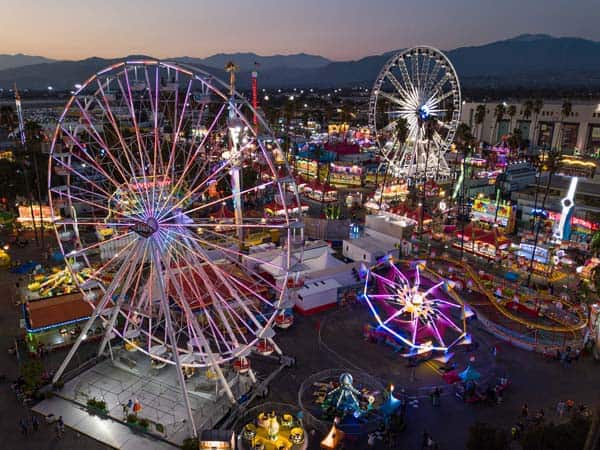
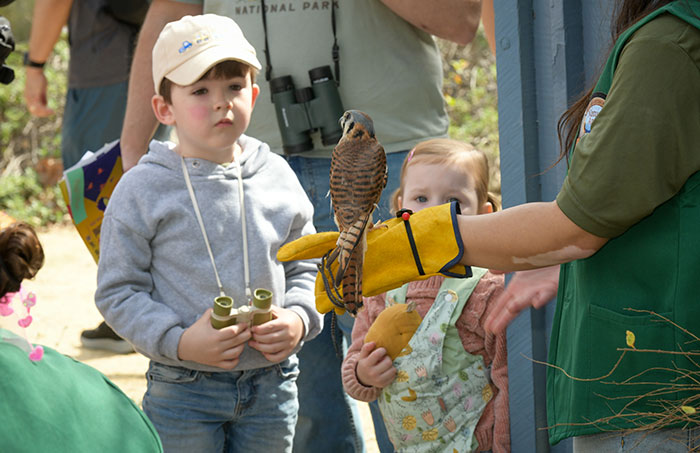
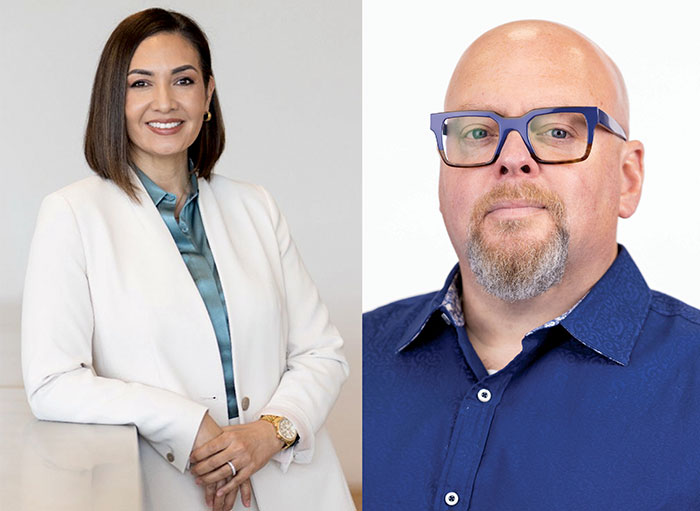
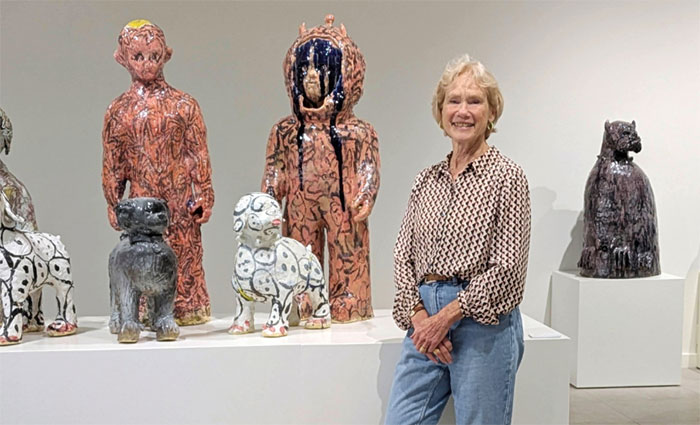


0 Comments